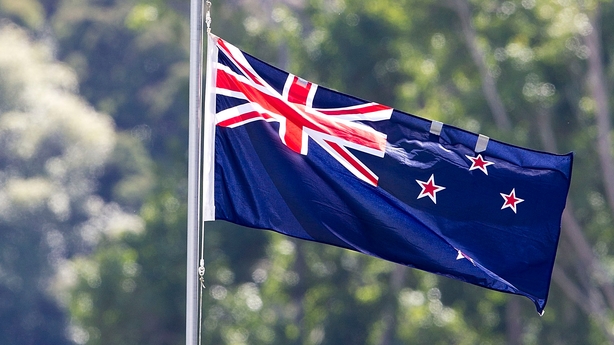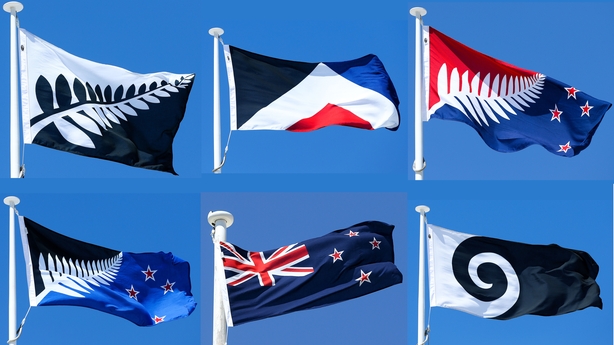New Zealanders could be a step closer to getting a new flag after the completion of the first phase of a two-part referendum, but many people are not in the mood for change.
The current flag features Britain's Union Jack in the corner and four red stars in a Southern Cross formation, indicating New Zealand's location in the South Pacific.
Those seeking change say the flag is too closely tied to New Zealand's history as a British colony and looks far too much like Australia's flag.
But people opposed to change say wars have been fought and New Zealanders have died under the current flag.
"I think it's an absolute waste of tax-payers money and I can't see any benefit to it," said one Wellington resident.
"I have no problem with the current flag, it's part of our heritage."

Prime Minister John Key announced a referendum this year to settle the question and called for designs.
More than 10,000 entries, including flags bearing the native kiwi bird and sheep, were whittled down to a short-list of five and the vote on Friday is aimed at settling on the favourite.
It will then face off against New Zealand's existing flag in the second phase of the referendum in March.
Preliminary results show a flag featuring a white fern on a black and blue background with four red stars is likely to win Friday's ballot. The result is expected on Tuesday.
Opponents of a flag change say New Zealanders have fought and died under the existing banner and also criticised the NZ$26 million cost of the referendum.
Voter turnout was about 1.5 million people - or 48% of registered voters, the Electoral Commission said.
A 3 News/Reid Research poll in November showed that 65% of people want to keep the flag as is, and only 28% want to change it.
Formally adopted in 1902, it has a Union Jack in the right corner alongside four red stars representing the Southern Cross on a dark blue background.
Once part of the British Empire, New Zealand is now independent, although Queen Elizabeth II remains head of state.

However, her power is seen as largely symbolic, and changing a flag is seen by some as helping cut lingering colonial ties.

